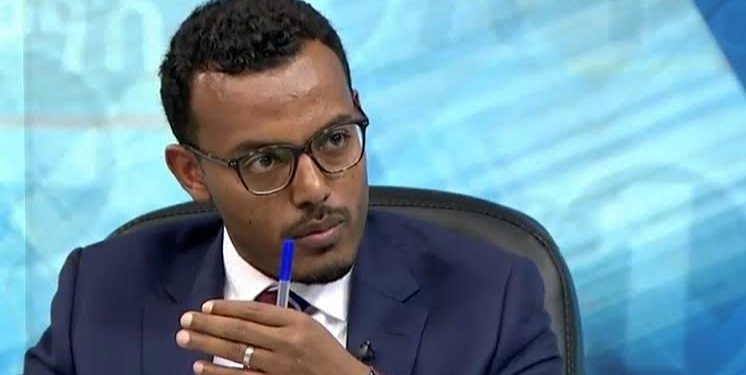By John Ikani
The governor of the National Bank of Ethiopia, Mamo Mihretu has informed the Ethiopian parliament that the nation has successfully secured more than $1.5 billion in temporary relief from its debts.
The move comes as Addis Ababa endeavours to steer clear of defaulting on its financial obligations.
Over two years ago, Ethiopia initially sought debt relief through the G20’s Common Framework, grappling with the mounting challenges in its economic landscape.
The surge in interest rates by major central banks, including the US Federal Reserve, coupled with the sharp depreciation of the Ethiopian birr against the dollar, has escalated the cost of servicing external liabilities.
A dearth of US dollars and diminishing foreign exchange reserves have further complicated Ethiopia’s ability to meet repayment commitments.
The country’s debt landscape reveals an estimated $13.7 billion owed to China, its largest creditor, along with smaller amounts owed to Paris Club members and international financial institutions.
Mihretu confirmed that China and France, chairing the creditor committee overseeing Ethiopia’s debts, have agreed to a temporary suspension of repayments.
This respite in cash flow challenges positions Ethiopia to rebuild its foreign exchange reserves, fortifying its capacity to fulfill repayment obligations when they resume next year.
Mirkarim Yakubov, a finance strategist in Addis Ababa, underscores the government’s proactive efforts, stating that Prime Minister Abiy Ahmed personally engaged with a Paris Club delegation in pursuit of this debt relief.
Yakubov anticipates immediate positive impacts on Ethiopia’s economy, emphasizing savings that can be redirected to critical functions and essential imports.
Beyond the immediate economic gains, Yakubov is optimistic that this development will project a positive signal globally, boosting confidence in Ethiopia on international markets.
The willingness of Ethiopia’s creditors to engage in restructuring implies confidence in Addis Ababa’s ability to meet its liabilities, especially as the nation advances its market liberalization and comprehensive financial reforms.
This vote of confidence assumes particular significance amid recent concerns arising from the withdrawal of Ethio Lease, the sole foreign financial services company in Ethiopia.
The company’s exit raised questions about the effectiveness of Ethiopia’s efforts to attract foreign investors.
Despite the upheavals in Ethiopian markets due to war, the pandemic, and default concerns, international creditors express confidence that Ethiopia, once given the opportunity to stabilize, will fulfill its debt obligations in full.



































